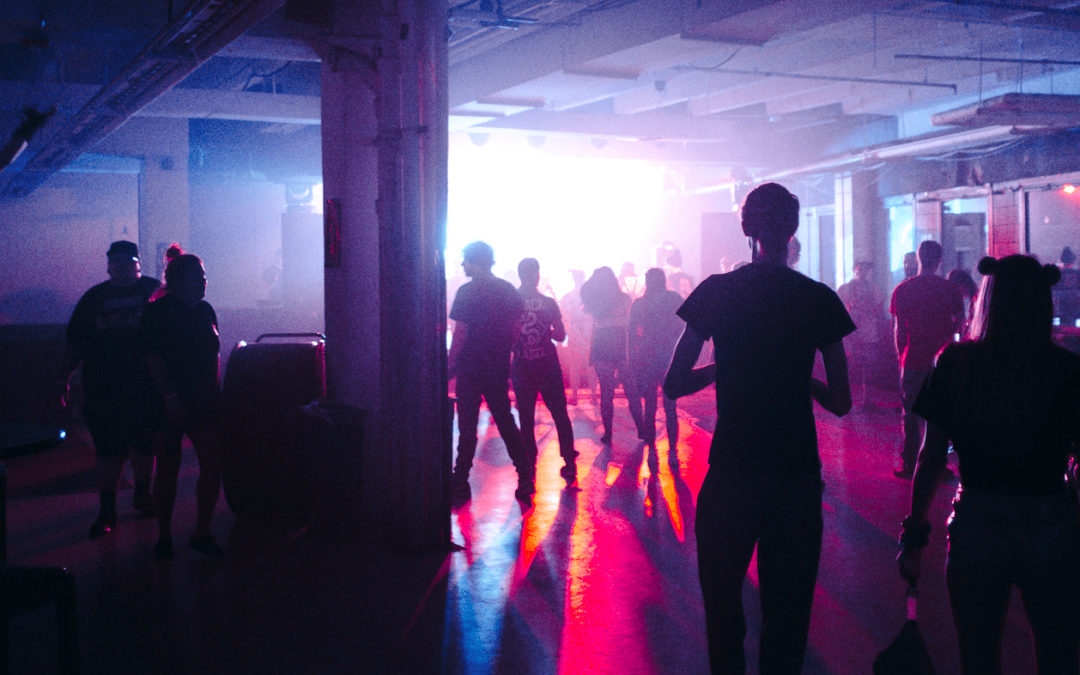In October, it was announced that the Barcelona club Sala Apolo would be home to a study focused on COVID-19 transmission during indoor music events. The minds behind the study hosted a concert on December 12th where participants were tested two weeks prior to the event and then subjected to a rapid test before entering the venue. The results of the study have now been calculated and published online.
Put together by Primavera Sound, the Fight AIDS Foundation, and the Germans Trias i Pujol University Hospital, the study found that no participant contracted COVID-19 from the test event according to a screening performed eight days later. The participants were broken down into two groups: one permitted into the event and another not allowed in so that they could be used as a control group.
In addition to the aforementioned testing, all participants were required to wear an N95 mask during the event and were told to only remove it when consuming a beverage. The five-hour event was also organized in such a way that reduced lines in the bathroom and bar areas. No restrictions on social distancing, dancing, or singing were put in place, however.
These findings led researchers to declare that live music events with rapid testing and health guidelines will not increase the spread of COVID-19. “Therefore, attending a live music concert staged with a series of security measures that included a negative antigen test for SARS-CoV-2 done on the same day, was not associated with an increase in COVID-19 infections,” reads a passage of the conclusion.
Limitations of the Sala Apolo Study
While a promising sign for the future of the live music industry, some have aired concerns over its replication outside of a clinical study. One can’t help but question if adherence to the health and safety rules will be followed as closely by the average concertgoer as their test event counterpart. Another limitation includes the potential for false negatives in a rapid test.
As shared by Harvard’s Health Blog, “False negative results tend to occur more often with antigen tests than with molecular tests.” This could create a situation where one infected with the virus tests negative and still gains entry to the event.
The complete results of the Primavera Sound-powered study on COVID-19 transmission during live music events can be found on their website.
Image credit: Long Truong


